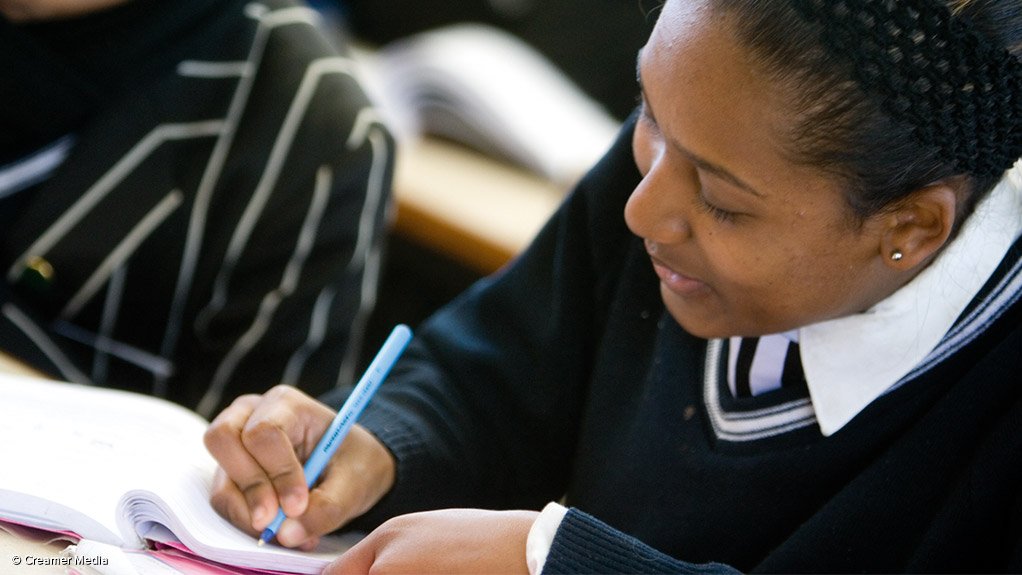The quality of South Africa's maths and science education places it last out of 148 countries, according to a World Economic Forum (WEF) report.
Under the "skills" sub-category, the quality of South Africa's maths and science education comes in last place, behind the likes of Haiti, Lesotho, Chad, Zimbabwe, Nigeria, and Kenya.
The quality of South Africa's education puts it in 146th place.
This is according to the "Global Information Technology Report 2014". It uses a networked readiness index (NRI) to rank the state of countries' information and communication technology.
South Africa is placed 70th on the NRI, which is made up of 10 different sub-categories from which the overall NRI ranking is drawn.
Democratic Alliance (DA) education spokesperson Annette Lovemore said in a statement she would seek to have Basic Education Minister Angie Motshekga brought before Parliament.
This was so the minister could account for what appeared to be the worsening state of South Africa's education system.
She said the ministerial task team established to investigate teaching in maths, science and technology last year released a "damning report" about South Africa's education.
"[The ministerial report] exposed gaping holes at every level of our education system," said Lovemore.
It noted that the national strategy was out of date, there was a shortage of qualified teachers, and curriculum changes over the last 10 years had negatively affected teaching.
Universities were not training teachers adequately, and district officers were largely unable to provide adequate support to teachers.
"Furthermore, a reply to a subsequent DA parliamentary question revealed that the department of basic education does not know the full extent of the shortages of mathematics, science and technology teachers," she said.
"The reality is that Basic Education Minister Angie Motshekga has not done enough to address the maths, science and technology crisis."
The WEF's ranking did not reflect the ability of South Africa's school pupils, but an education system that needed urgent intervention.
The education curriculum and methodology had to be aligned to achieve similar successes in South Africa as had been seen in the Western Cape, said Lovemore.
Here, the 2013 matrics achieved a 73.3% pass rate in maths and 73.7% in science.
"Quality education is a crucial necessity for creating more globally competitive young adults, much-needed jobs and entrepreneurs," she said.
EMAIL THIS ARTICLE SAVE THIS ARTICLE
To subscribe email subscriptions@creamermedia.co.za or click here
To advertise email advertising@creamermedia.co.za or click here











